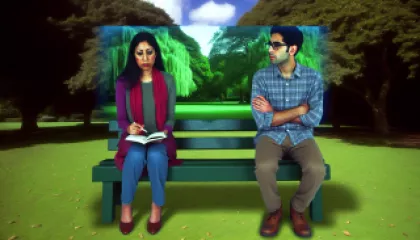Hello, I'm Sara Kennedy.
At the heart of my therapeutic practice is a deep commitment to creating a peaceful and healing environment where you can explore and overcome life's challenges. With over five years of experience, I bring a holistic approach to mental health, intertwining traditional therapy methods with unique modalities like expressive arts therapy and yoga for mental health.
Are you on a recovery journey? Together, we can navigate this path, focusing on your strengths and fostering resilience. I also specialize in managing toxic relationships, helping you set healthy boundaries and reclaim your emotional well-being.
For those dealing with overcoming perfectionism or experiencing a midlife crisis, my approach is gentle yet effective. We will work on building trust, both within yourself and in your relationships, using techniques that encourage self-awareness and personal growth.
As a former school counselor, I have a deep understanding of mental health in adolescents and teen self-esteem issues. My sessions provide a safe space for teens to express themselves and build confidence through tailored strategies.
Understanding the unique challenges faced by adoptive parents, I offer compassionate support to help you through the complexities of adoption. Additionally, if you're grappling with the art of apology or seeking to manage hyperactivity, I am here to guide you with practical, mindfulness-based approaches.
One of my favorite techniques is therapeutic humor. Laughter can be an incredibly powerful tool for healing, and I incorporate it into our sessions to help lighten heavy moments and foster a sense of connection.
If anxiety is a constant companion, my mindfulness for anxiety practices can help you find calm and clarity in the midst of chaos. We will work together to cultivate mindfulness skills that you can carry into your daily life, bringing peace and balance.
I believe in the power of creativity and self-expression as pathways to healing. Whether through art, movement, or mindful practices, my goal is to support you in discovering your inner strength and embracing a healthier, more fulfilling life.
I look forward to embarking on this journey with you, offering support, guidance, and a serene space for your personal growth. Let's work together to create the change you seek.




